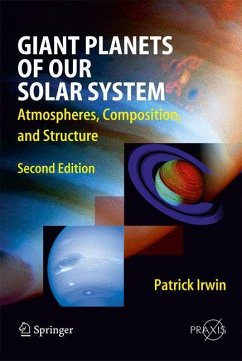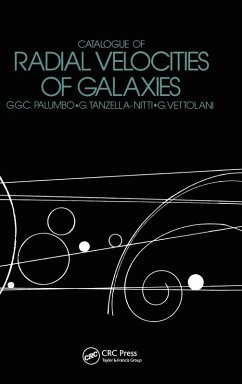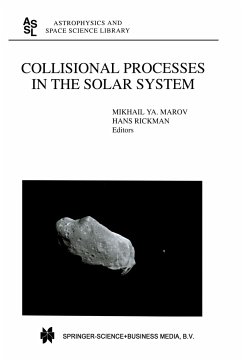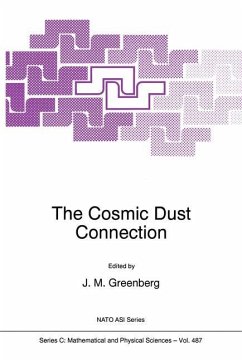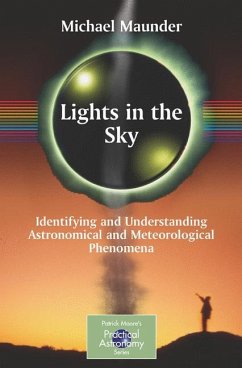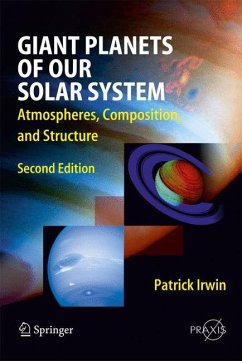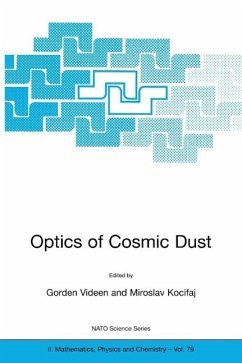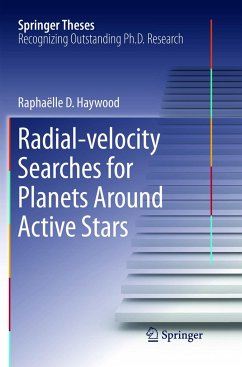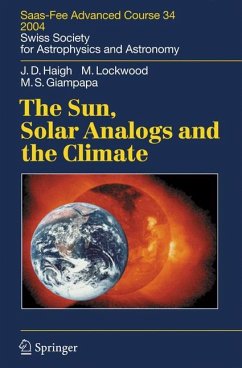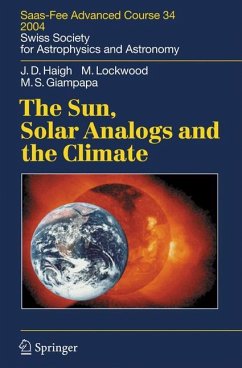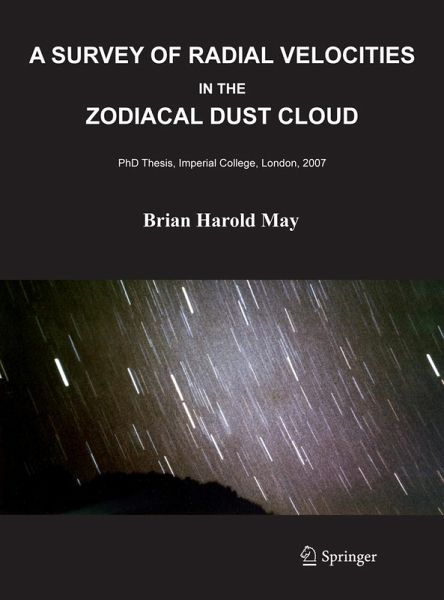
A Survey of Radial Velocities in the Zodiacal Dust Cloud

PAYBACK Punkte
53 °P sammeln!
In the summer and autumn of 2006 I read several interviews with Brian May in which he mentioned his desire to complete the PhD that he had abandoned in 1974. I looked up the papers he had published while a PhD student, which were on spectroscopic studies of the motion of the dust responsible for the zodiacal light, and felt that there was a basis for a thesis. Since he had been a student at Imperial, I knew, as Head of the Astrophysics Group at Imperial, that it would be good for the Group if he came and worked with us. I got in touch with him by email and suggested he come and talk about it. ...
In the summer and autumn of 2006 I read several interviews with Brian May in which he mentioned his desire to complete the PhD that he had abandoned in 1974. I looked up the papers he had published while a PhD student, which were on spectroscopic studies of the motion of the dust responsible for the zodiacal light, and felt that there was a basis for a thesis. Since he had been a student at Imperial, I knew, as Head of the Astrophysics Group at Imperial, that it would be good for the Group if he came and worked with us. I got in touch with him by email and suggested he come and talk about it. He replied enthusiastically and said that he was working on typing up what he had completed by 1974. I gradually realized that I was the only staff member at Imperial who had previously worked on zodiacal dust, so that I would have to act as his supervisor. Eventually we met and I tried to assess whether he would be able to find time for the huge amount of work that finishing off a thesis involves, particularly if it has not been touched for over 30 years. Since some of Brian's emails were coming from the recording studio I knew there was strong competition for his time.



